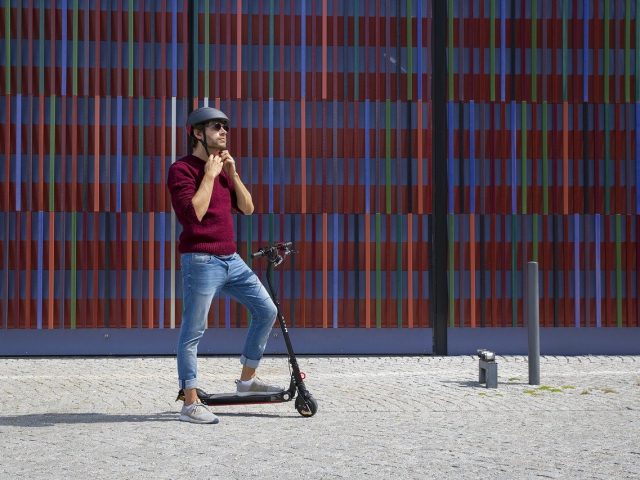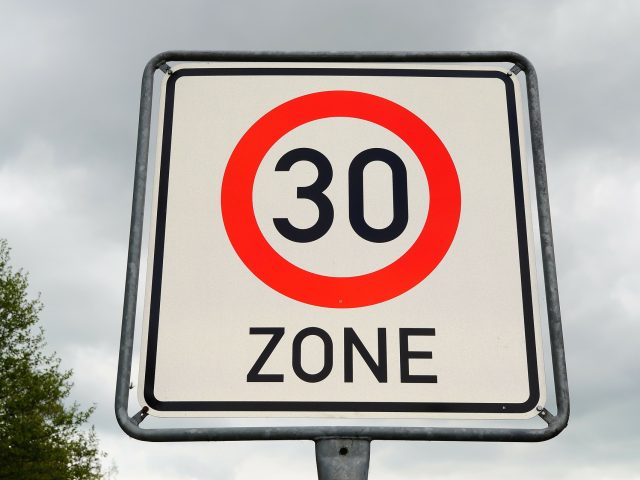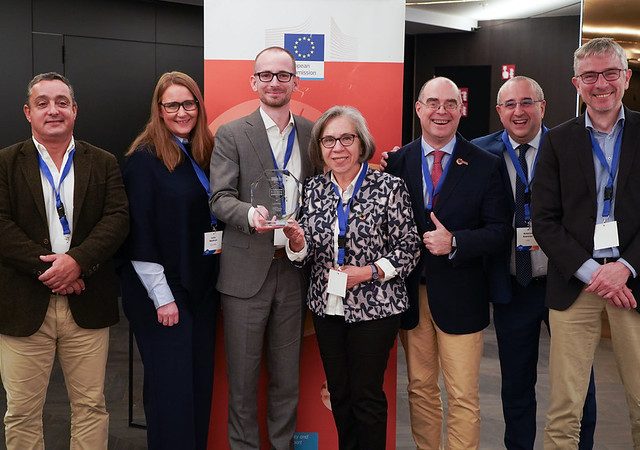Drink-Driving in Spain
Figures
The overall number of road deaths attributed to alcohol is unknown in Spain.
However, it is possible to report on what percentage of drivers that were tested, were shown to have had alcohol in their blood. The results show that the likelihood of a positive alcohol test increases with injury severity. In 2019, out of those tested, 29% of killed drivers had alcohol in their blood, 15% of injured drivers hospitalised, 9% of injured drivers not hospitalised and 7% of uninjured drivers.
On average, it is estimated that alcohol was a contributory factor in 25% of fatal collisions and in 13% of all injury collisions in 2019. Data for 2020 are not yet available.
National policies
In the national Road Safety Strategy for the period 2011 to 2020, specific actions to tackle drink-driving were mentioned:
- Develop preventive actions to deal with alcohol and drug use while driving
- Strengthen enforcement actions
- Reducing drink-driving to a level of less than 1% of alcohol positives in random preventive controls
- Carry out information and awareness campaigns on the risks of alcoholic beverages and toxic drugs in driving, promoting these campaigns at European level
- Spread the message on the importance of the designated driver
- Improve the experience and training of police officers and thus increase the effectiveness of alcohol and intoxicating drugs controls
- Create a rehabilitation programme for repeat drink and drug offenders
- Raise awareness among health professionals so that they are more involved in preventing the effects of alcohol and intoxicating drugs while driving
- Study the possible implementation of the alcohol interlock for specific groups of offenders.
BAC limits and sanctions
The legal BAC limit for standard drivers is 0.5g/l
The legal BAC limit for novice and professional drivers (bus and coach drivers for public transport) is 0.3g/l
Sanctions are shown in the table below.
| BAC (g/l) | Fine in € | Driving ban | Imprisonment |
|---|---|---|---|
| >0.25g/l to 0.5g/l | 500 and 4 points loss (out of max. 15) | ||
| >0.5g/l to 1.2g/l | 1000 and 6 points loss (out of max. 15) | ||
| >1.2g/l (criminal offence) | Fine from 6 up to 12 months (Spain adopts a system of day-fine) | From 1 up to 4 years | Between 3 and 6 months or social works up to 90 days |
| Refusal to get tested | 2,000 € | From 1 up to 4 years | Between 6 up to 1 year |
Enforcement
In the last ten years, traffic law enforcement was an important contributor to improving road safety in Spain. The number of drink-driving checks by the Civil Guard went from 5.5 million in 2018 to 6.5 million in 2019.
Spain has carried out prevalence studies on alcohol and drug consumption among drivers on a regular basis, since its contribution to the EU DRUID project in 2008. The 2018 study showed that 12% of Spanish drivers had recently taken an illegal drug and/or alcohol; 8% had recently taken drugs and 5% of the drivers showed recent alcohol intake (above 0.1 g/L).
Rehabilitation and Alcohol Interlock programmes
No alcohol Interlock programme is in place in Spain.
In the strategic Plan for Road Safety 2011-2020, the possibility to implement a programme on alcohol interlocks was mentioned however no specific measures have been taken in this direction so far.
Campaigns
At the end of 2017, the Minister of Interior presented the DGT’s campaign (#SumaTuLuz) to raise awareness of the risk of consuming alcohol and drugs at the wheel, targeting especially young people who go out at night during Christmas celebrations.
‘En la carretera, cerveza SIN’ (On the road without beer), is an initiative of the Spanish Brewers’ Association, in collaboration with the Directorate General of Traffic (DGT). It aimed to raise public awareness in general, and drivers in particular, of the incompatibility between alcohol and driving, reminding beer consumers that they can opt for the non-alcoholic variety if they plan to drive. At the end of the year 2018 more than 5,000 kilometers were travelled. In total, 24 public institutions in the field of road safety supported the campaign and the online community reached over 45,000 followers.
To read the full country focus click here







